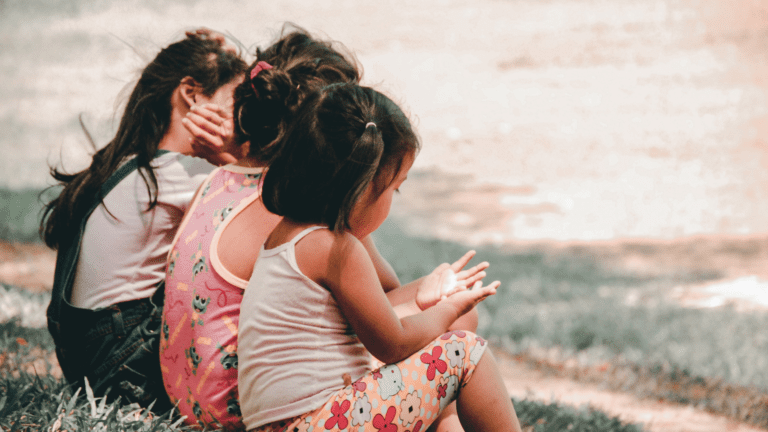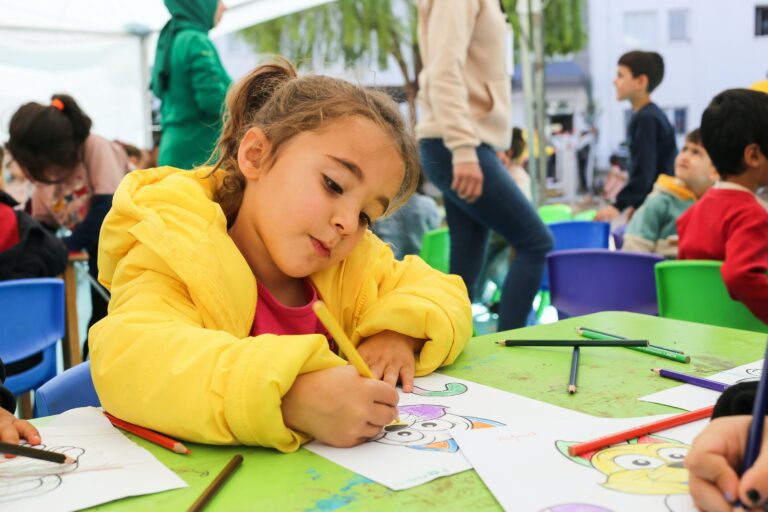The Kids Are Just Fine

Promise me you’ll always remember: You’re braver than you believe, and stronger than you seem, and smarter than you think. — Christopher Robin to Winnie the Pooh
How much do parents need to worry that divorce will have a long term negative effect on their children? Fortunately, far less than you think. Research shows that the vast majority of children weather divorce safely. In fact, spending excessive time and energy worrying about the kids may give them the feeling that the difficult process of divorce is too hard for anyone, child or adult, to handle. Even though divorce is initially painful and disruptive, children can recover very well.
Scientific American Mind offers a summary of studies on children and divorce showing that on average there are only very small differences between children of divorced parents and those from intact families. Over time, children of divorce are not much different in their academic achievement, self-concept, social relationships, behavior and emotional health from their peers who haven’t experienced a family split. Research shows, too, that most children of divorce become well-adjusted adults.
Rather than wallowing in worry about how your kids will turn out, you can invest in their future well-being in real ways. Author of The Successful Single Mom, Honorée Corder, gives the following five tips for making the biggest and best positive impact:
- Give the kids your time and attention. It’s what they want and need most from you.
- Create space for them to talk to and confide in you. Make sure they have an opportunity to express their feelings and concerns with acceptance and without judgment.
- Tell them you love them, no matter what. This helps especially when there has been a disappointment or setback that they might mistakenly feel was their fault.
- Get them any additional help they need, such as individual or family therapy.
- Allow them to love and spend time with each of their parents, without a negative word from you. You can shelter them from adult conflict and anxiety by being respectful of their relationship with their other parent.
With more than a million children in the U.S. facing the experience of their parents’ divorce each year, the support network is expanding. Today, teachers, counselors, doctors, and therapists are more tuned in to the needs of kids in family transition than ever before. Help is available for parents and children. Rather than worry, observe your kids to see what kind of help they might need in coping.
If your kids look, behave, and talk as they always have; if they enjoy the same activities; keep thriving at school; and maintain friendships, chances are good that the kids are just fine and will make a complete recovery.






